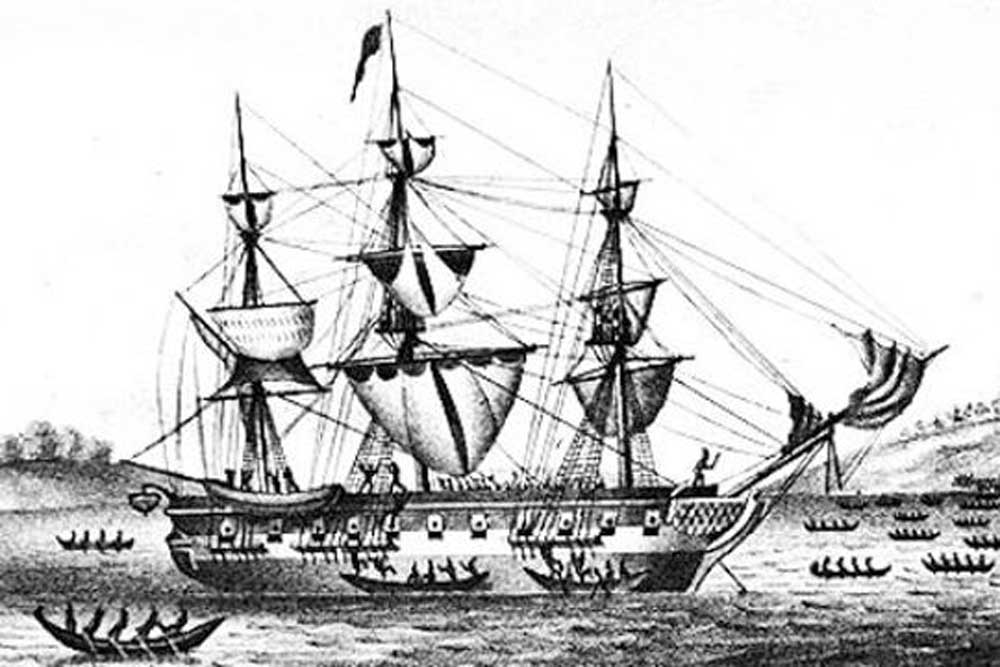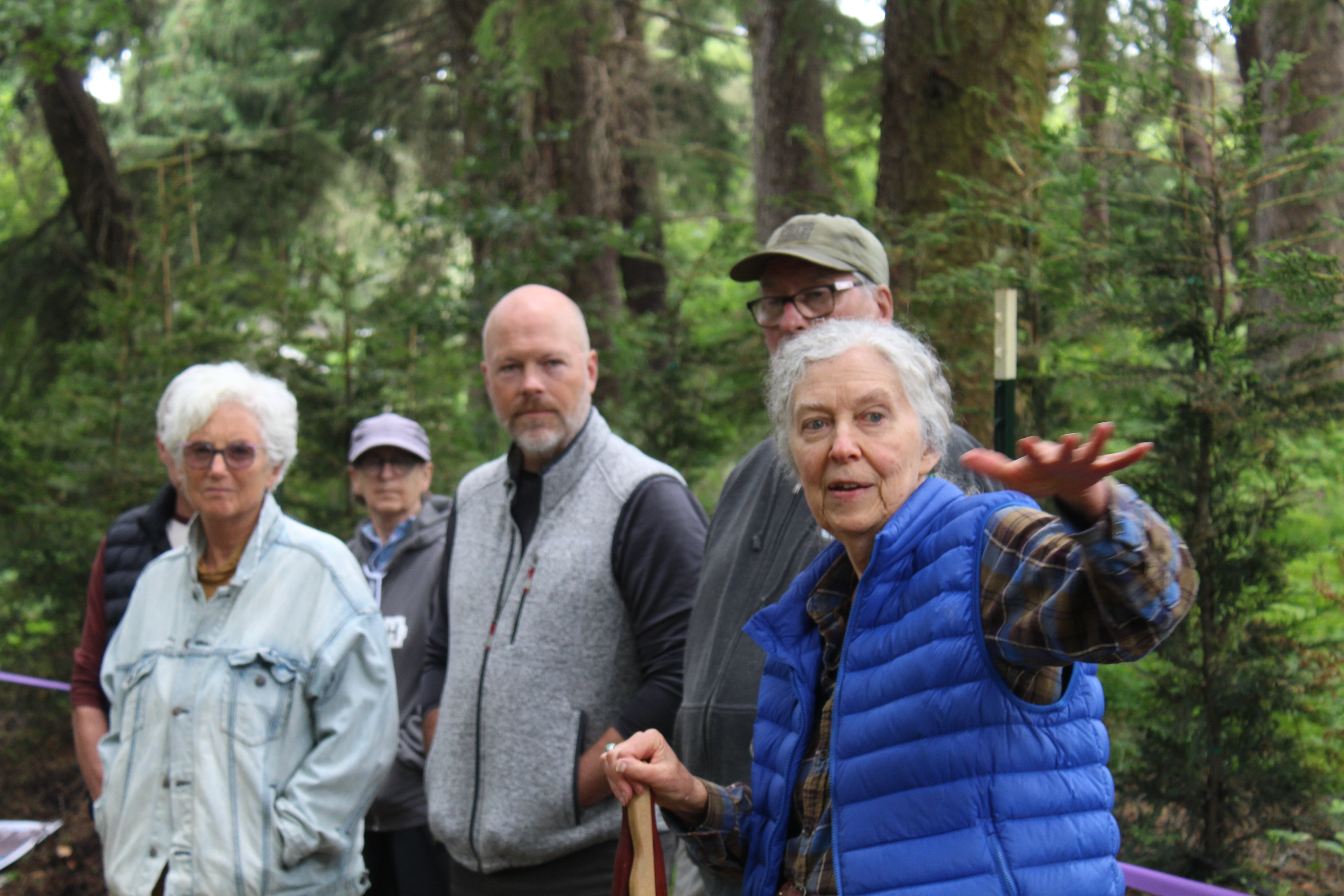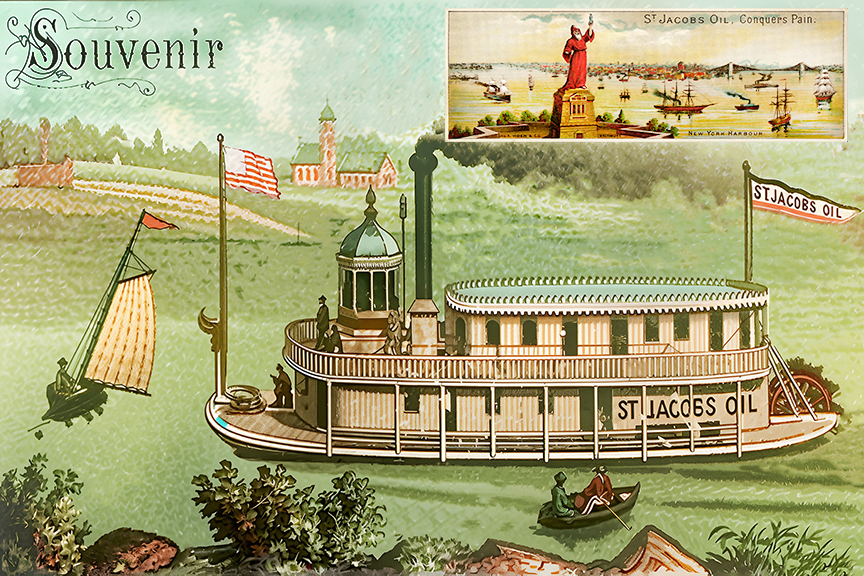In One Ear: Thorn’s fatal mistake
Published 12:15 am Thursday, June 16, 2022

- Ear: Tonquin
Lt. Jonathan Thorn, commander of John Jacob Astor‘s trading vessel Tonquin, took the ship to Woody Point, near Vancouver Island in British Columbia, to trade with the Indigenous people there on June 14 and June 15, 1811.
Trending
An account by Peter Corney, mate on the London schooner Columbia, claims he heard the story from “the governor of the fort at Columbia River (aka Fort Astoria), and the … natives.”
His account says trading was initially brisk at Woody Point, but on the next day, the crew was worried. Thorn had let too many men on board, outnumbering the crew, who felt the visitors had “hostile intentions.” Thorn ignored the warnings. (Another account mentions that Thorn had insulted the chief at the beginning of the negotiations, and that the crew had been told of an impending attack.)
Thorne belatedly realized his mistake and ordered four men to climb the masts to set sail, and others to haul up the anchor. In the meantime, the visitors pulled out long knives hidden in their hair and killed most of the crew, including the captain. Eventually, the attackers were forced off the ship by the four men who had been in the rigging, three of whom then took a longboat in an attempt to reach the Columbia River. They were driven ashore by the weather, found and killed.
Trending
The fourth man, a blacksmith, although wounded, stayed aboard. After laying a trail of gunpowder to the ammunition magazine, he invited the men back aboard to take whatever they wanted, then he set fire to the gunpowder and jumped overboard before the ship exploded. This version of the story ends with him being rescued by men in nearby canoes, saved because the tribe valued his skills.
Another version says the blacksmith, actually an armorer, died in the explosion, as did around 200 of the natives, and the sole survivor was a half-Chinook pilot and interpreter who had several names: Lemazz, George Ramsay and/or Joseachal. During the battle he surrendered to a native woman, begging to be her slave. His freedom was eventually bought by friends, and he told his story to writer Gabriel Franchère.









